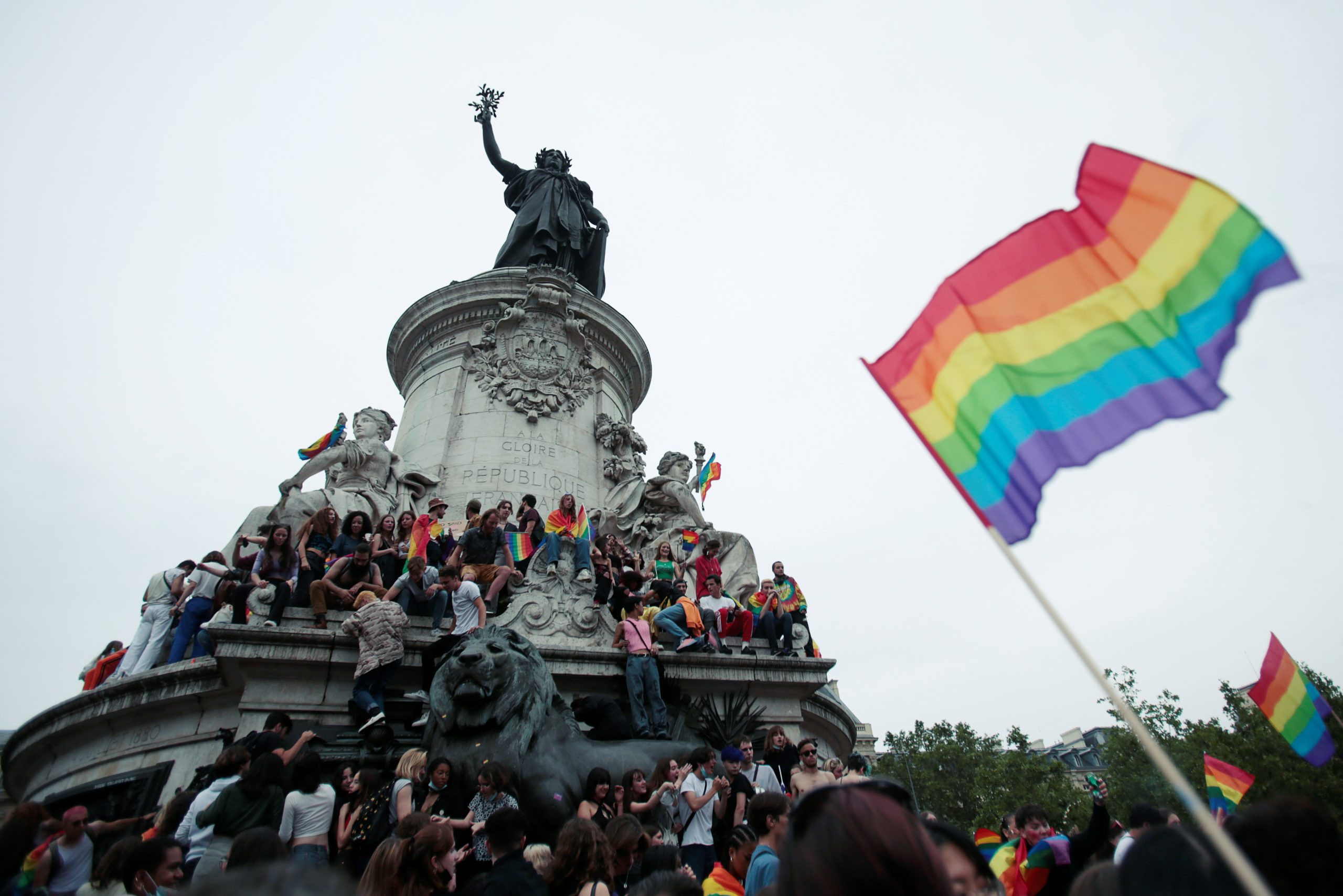
Chris Lange, FISM News
[elfsight_social_share_buttons id=”1″]
A nonbinary pronoun added to an esteemed French dictionary has sparked a heated debate over linguistics in a country where grammar is revered as a source of cultural pride.
France’s Le Petit Robert, viewed as a linguistic authority since 1967, recently added a newly-designated nonbinary pronoun, “iel,” to its online edition. The word represents an amalgamation of “il” (he) and “elle” (she). While the term has become popular among French youth, traditionalists are infuriated that the tentacles of American “woke” ideology are encroaching onto the nation’s linguistic heritage.
Centrist party lawmaker Francois Jolivet referred to the pronoun “campaign” as “an obvious ideological intrusion that undermines our common language and its influence” in a letter to the Academie Francaise, a 400-year-old institute considered the ultimate authority on French language. Jolivet also suggests that nonbinary pronouns present a troubling signal that France is caving to American wokeism. “The solitary campaign of Petit Robert is a manifest ideological intrusion which undermines our common language,” he wrote, adding that “this kind of initiative tarnishes our language and divides users rather than uniting them.”
“Inclusive writing is not the future of the French language,” tweeted Education Minister Jean-Michel Blanquer in a post that included Jolivet’s letter.
Recently, LGBTQ+ advocates have embarked on a concerted effort to dismantle gendered languages, like France’s, which classify nouns as either masculine or feminine. Leading the “nonbinary” movement, American progressives and transgender champions have begun insisting others refer to them as “they,” as opposed to “she” or “he.”
In 2017, the Academie Francaise warned that this sort of linguistic interference will result in “a disunited language, with disparate expression, that can create confusion verging on illegibility.”
Thirty-two-year-old doctoral student Dorah Simon Claude, who identifies as “iel,” applauded addition of the word to the dictionary, saying “It is very important that dictionaries include the ‘iel’ pronoun in their referencing as it reflects how the use of the term is now well accepted,” according to an AP report. “It is also a way of confronting the Academie Francaise that stays in its conservative corner and continues to ignore and scorn users of the French language.”
Petit Robert’s general director of editions, Charles Bimbenet, defended the addition of the new pronoun: “The Robert’s mission is to observe the evolution of a diverse French language as it evolves and to report on it,” he said. “Defining the words that speak of the world is to help understand it better.”
